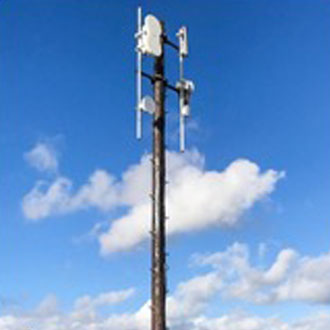Wifi

Access to ultrafast broadband can have a transformational effect on farms across the UK. Its benefits are now recognised by the Government which has put subsidies in place to help rural internet providers accelerate the roll-out of this service. Gareth Williams, Chief Executive Officer at Gigaclear, which has been leading the Rural Revolution to connect communities and farmland to ultrafast, full-fibre broadband for almost ten years, offers his insight into the challenges and benefits of installing the service in rural Britain.
Getting to the most rural properties
The new Prime Minister’s commitment to a full-fibre roll-out by 2025 underpins the importance of future-proofing the country’s infrastructure to facilitate growth both now and for generations to come. Existing programmes, such as the Building Digital UK subsidy (BDUK), help companies like Gigaclear build to rural areas that other providers have discounted due to the investment required.

Members of The UK Wireless Internet Service Providers Association (UKWISPA) can help you get better connected and create new revenue opportunities. Our members specialise in delivering superfast and ultrafast internet access in areas that national operators leave behind.
“Our members operate throughout the UK and really enjoy working with farmers and land owners who can help connect more customers.”Says David Burns, Chairman of UKWISPA and Managing Director of Yorkshire based operator, Boundless Networks. “This creates great opportunities to earn rental income from space on buildings and barns for wireless equipment as well as land for small transmission sites such as telegraph poles. Most operators are happy to provide you with free connections for your own use, such as a farm house or related holiday homes etc. You get great internet and so do your visitors and guests. In addition, you are helping to connect your nearby communities with an essential service.” concludes Burns.

